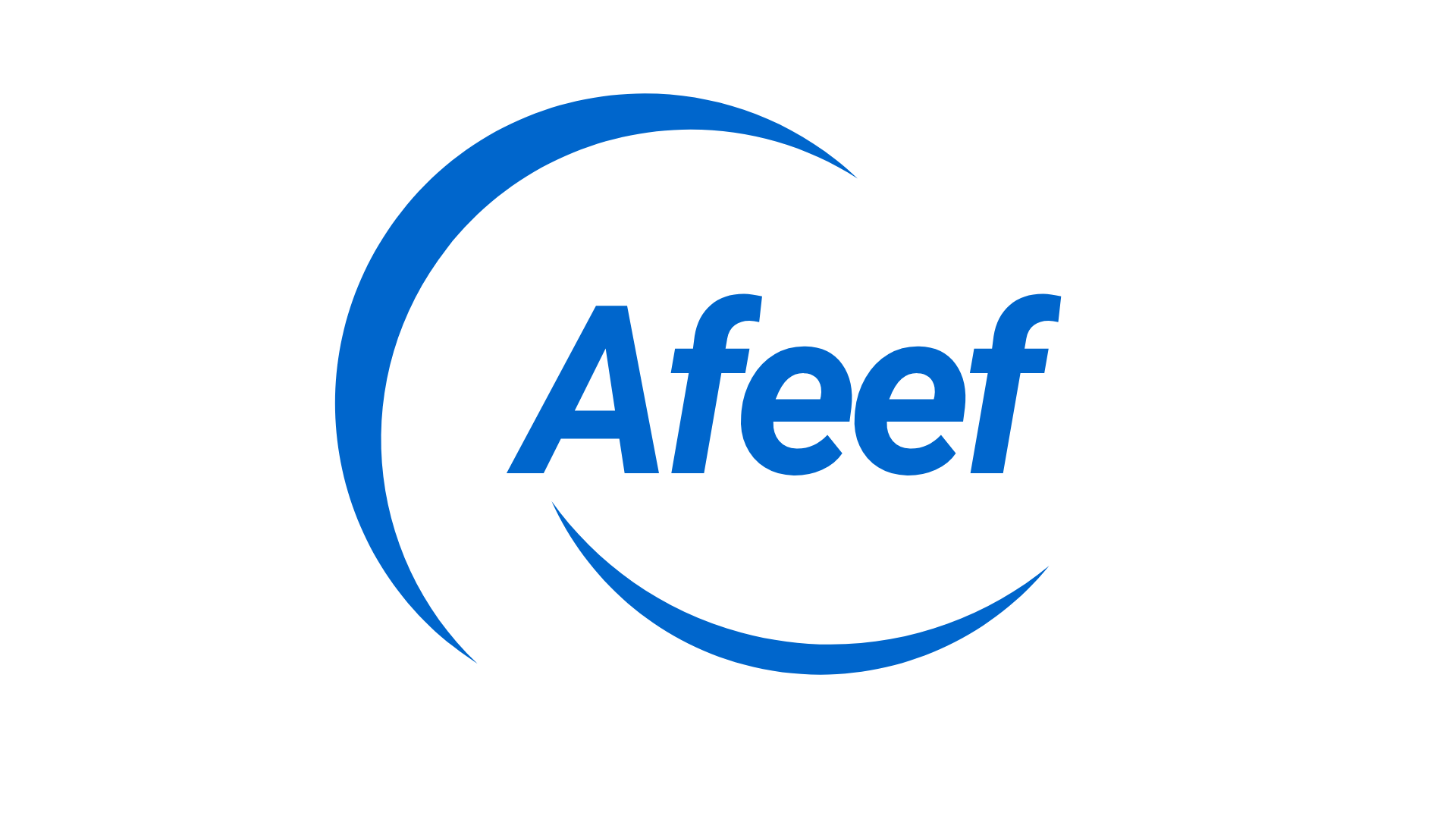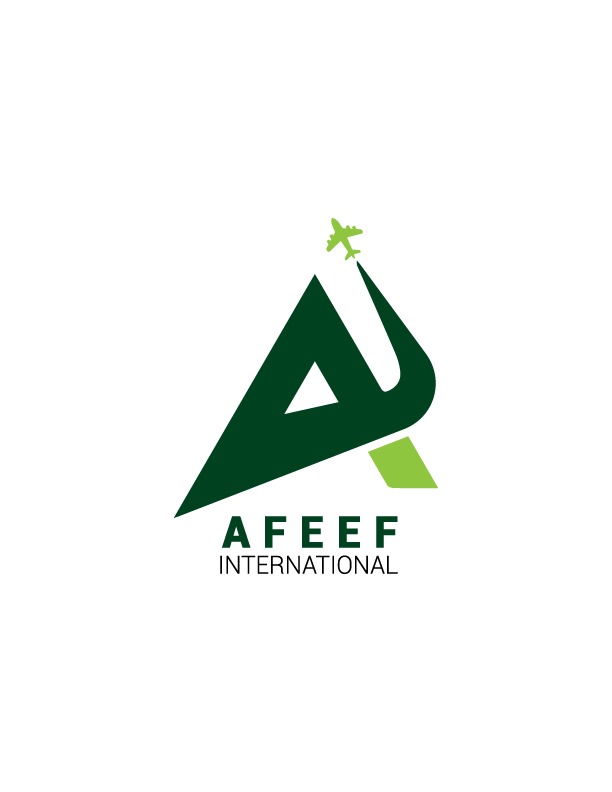Management System
At Afeef International, our management system is built on the foundation of responsibility, accountability, and compliance with international standards. This robust framework ensures effective operations, ethical practices, and a culture of continuous improvement. Below are the core components of our management system:
1. Company Commitment Statement
Our commitment to ethical recruitment, compliance with international standards, and worker well-being is reflected in our company’s mission and vision. We strive to create sustainable, transparent, and efficient processes that uphold human rights and promote fair practices across all operations.
2. Roles & Responsibility Stated in Job Descriptions
Clear and precise job descriptions outline roles and responsibilities for every employee.
- Accountability: Each team member understands their duties and how they contribute to the organization’s goals.
- Alignment with Standards: Job roles are designed to meet the requirements of international laws and industry-specific guidelines.
3. Tracking Log of Applicable Laws, Regulations & Standards
We maintain a comprehensive and up-to-date log of all relevant laws, regulations, and industry standards.
- Proactive Compliance: This tracking system ensures that our operations are always aligned with local and international legal requirements.
- Regular Updates: Changes in laws or standards are promptly reflected in our policies and procedures.
4. Risk Assessment Worksheet
A structured risk assessment process is in place to identify, evaluate, and mitigate potential risks.
- Hazard Identification: Risks related to labor practices, health and safety, and supply chain management are identified and assessed.
- Mitigation Plans: Actionable strategies are implemented to minimize or eliminate risks, ensuring operational resilience.
5. Objectives
Our management objectives focus on achieving excellence in ethical recruitment and operational efficiency.
- Worker Well-Being: Ensuring the health, safety, and fair treatment of all workers.
- Compliance: Maintaining adherence to all applicable standards and legal frameworks.
- Sustainability: Fostering practices that contribute to long-term growth and stakeholder trust.
6. Training Procedure & Records
Comprehensive training programs ensure that employees and partners are equipped to perform their roles effectively.
- Skill Development: Regular training sessions cover compliance, ethical practices, health and safety, and risk management.
- Documentation: Training attendance and outcomes are recorded to track progress and identify areas for improvement.
7. Internal Audit Procedure & Reports
Internal audits are conducted periodically to evaluate the effectiveness of our management system.
- Audit Process: Key operational areas, compliance measures, and supplier practices are thoroughly reviewed.
- Reporting: Findings are documented in detailed reports, highlighting strengths and areas for corrective action.
8. Corrective Action Procedure & Records
A structured process is in place to address non-compliance or areas of concern identified through audits or feedback.
- Root Cause Analysis: Issues are analyzed to determine their underlying causes.
- Corrective Measures: Action plans are implemented promptly, and their effectiveness is monitored and documented.
9. Supplier Code of Conduct
Suppliers and vendors are issued a Supplier Code of Conduct that aligns with our ethical values and standards.
- Compliance Requirements: Suppliers are required to adhere to principles such as fair labor practices, environmental sustainability, and anti-corruption.
- Monitoring: Regular assessments and feedback loops ensure that suppliers meet these expectations.


